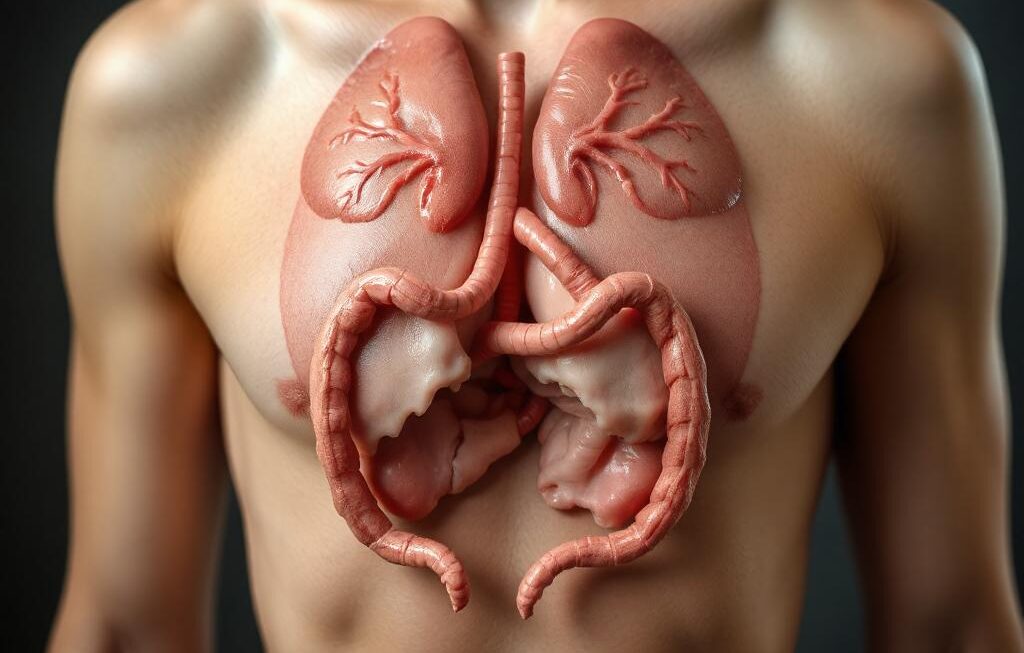Estimated Reading Time: 3 min
There are several common misconceptions about organ donation that can deter individuals from considering it or can lead to misunderstandings about the process. Here are some of the most prevalent misconceptions:
1. Myth: Doctors Won’t Try to Save Me if I’m an Organ Donor
- Fact: Medical professionals prioritize saving lives above all else. Organ donation is only considered after all efforts to save a patient’s life have failed and death has been declared according to strict medical criteria.
2. Myth: You Can Only Donate Organs After Death
- Fact: While many organ donations occur after death, living donors can also donate certain organs, such as a kidney or a portion of the liver, while they are still alive.
3. Myth: Donating Organs Disfigures the Body
- Fact: Organ donation does not disfigure the body. Surgeons take great care to ensure that the body is treated with dignity and respect, and any incisions made for organ retrieval are typically not visible during a funeral.
4. Myth: Age or Medical Conditions Prevent Donation
- Fact: People of all ages and with various medical conditions can be considered for organ donation. Each case is evaluated individually, and many factors determine eligibility, not just age or health status.
5. Myth: Organ Donation is Too Complicated
- Fact: The process of becoming an organ donor is straightforward. Individuals can register online, through their state’s registry, or by indicating their wishes on their driver’s license.
6. Myth: You Can Choose Which Organs to Donate
- Fact: While individuals can express their wishes regarding organ donation, the final decision about which organs are suitable for donation is made by medical professionals at the time of death based on medical criteria and recipient needs.
7. Myth: Organ Donation is a Religious Issue
- Fact: Most religions support organ donation as an altruistic act of helping others. While some may have specific beliefs about the body after death, many religious groups advocate for organ donation.
8. Myth: Organ Donation Will Lead to a Longer Wait for a Transplant
- Fact: Organ donors do not receive preferential treatment or a longer wait time for transplants. The allocation of organs is based on medical need, compatibility, and urgency, not on donor status.
9. Myth: Organ Donation is Only for Rich People
- Fact: Organ donation is a public health issue and is available to anyone in need, regardless of socioeconomic status. The process is designed to be equitable and based on medical criteria.
10. Myth: There is a Black Market for Organs, So Donation is Risky
- Fact: While there are illegal organ markets, legitimate organ donation occurs through regulated medical systems and organizations. The process is carefully monitored to ensure safety and ethical standards.
Addressing these misconceptions through education and awareness is crucial for increasing the number of registered organ donors and ensuring that more lives can be saved through transplantation.

